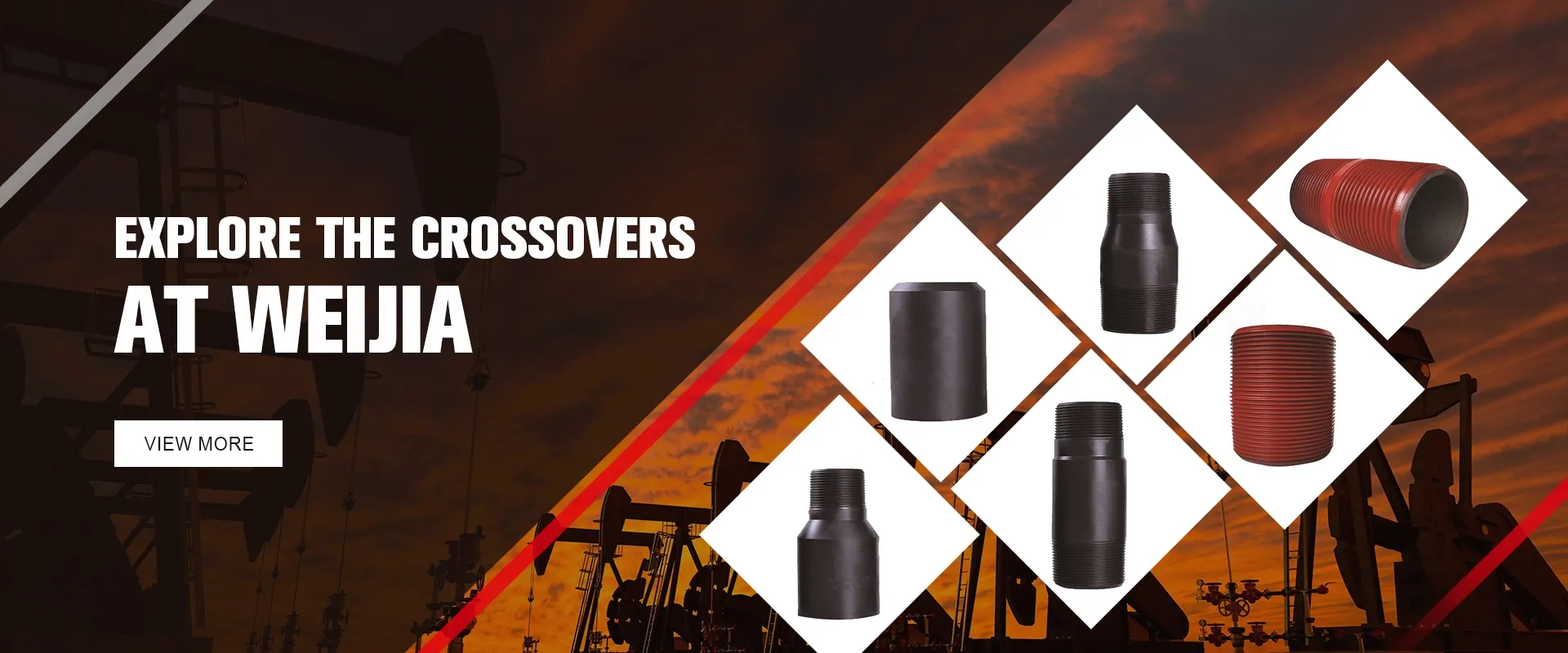- Afrikaans
- Albanian
- Amharic
- Arabic
- Armenian
- Azerbaijani
- Basque
- Belarusian
- Bengali
- Bosnian
- Bulgarian
- Catalan
- Cebuano
- Corsican
- Croatian
- Czech
- Danish
- Dutch
- English
- Esperanto
- Estonian
- Finnish
- French
- Frisian
- Galician
- Georgian
- German
- Greek
- Gujarati
- Haitian Creole
- hausa
- hawaiian
- Hebrew
- Hindi
- Miao
- Hungarian
- Icelandic
- igbo
- Indonesian
- irish
- Italian
- Japanese
- Javanese
- Kannada
- kazakh
- Khmer
- Rwandese
- Korean
- Kurdish
- Kyrgyz
- Lao
- Latin
- Latvian
- Lithuanian
- Luxembourgish
- Macedonian
- Malgashi
- Malay
- Malayalam
- Maltese
- Maori
- Marathi
- Mongolian
- Myanmar
- Nepali
- Norwegian
- Norwegian
- Occitan
- Pashto
- Persian
- Polish
- Portuguese
- Punjabi
- Romanian
- Russian
- Samoan
- Scottish Gaelic
- Serbian
- Sesotho
- Shona
- Sindhi
- Sinhala
- Slovak
- Slovenian
- Somali
- Spanish
- Sundanese
- Swahili
- Swedish
- Tagalog
- Tajik
- Tamil
- Tatar
- Telugu
- Thai
- Turkish
- Turkmen
- Ukrainian
- Urdu
- Uighur
- Uzbek
- Vietnamese
- Welsh
- Bantu
- Yiddish
- Yoruba
- Zulu
Steel Pipe Couplings for Enhanced Durability and Performance in Industrial Applications
Steel Couplings for Pipe An Overview
When it comes to piping systems, the integrity and durability of the connections between pipes can significantly influence overall performance and reliability. One of the most effective solutions for connecting pipes is the use of steel couplings. These essential fittings provide a robust and stable connection, ensuring the seamless flow of liquids and gases in various applications, from industrial settings to residential plumbing.
What are Steel Couplings?
Steel couplings are cylindrical fittings that connect two sections of pipe. They are designed to provide a secure joining point, allowing for the transmission of fluids or gases while minimizing the risk of leaks. Made from durable steel, these couplings are capable of withstanding high pressures and temperatures. They come in various sizes, shapes, and types to accommodate different piping systems and applications.
Types of Steel Couplings
There are several types of steel couplings, each suited for specific applications
1. Threaded Steel Couplings Often used for smaller pipe sizes, these couplings have threads on both ends, allowing them to be screwed onto the corresponding pipe ends. They are easy to install and remove, making them ideal for applications where frequent adjustments are necessary.
2. Welded Steel Couplings These couplings are welded to the pipe ends, providing a permanent, robust connection. They are commonly used in high-pressure applications where leak prevention is crucial. Welded couplings require specialized equipment and skilled labor for installation.
3. Slip-on Couplings Designed to slip over the ends of the pipes, these couplings are then secured with welding or bolts. Slip-on couplings are versatile and can be used in various applications, providing ease of installation and flexibility.
4. Mechanical Couplings Often used in trenchless pipeline construction, mechanical couplings use a series of bolts and clamps to create a secure connection without the need for welding. This type of coupling is especially useful in challenging environments where access to welding equipment is limited.
Advantages of Steel Couplings
The use of steel couplings offers numerous benefits
steel couplings for pipe

- Durability Steel is known for its strength and resilience. Steel couplings can withstand harsh operating conditions, including extreme temperatures and corrosive environments, ensuring a long service life.
- Leak Prevention A well-fitted steel coupling minimizes the risk of leaks, making it an ideal choice for critical applications where fluid containment is essential
.- Versatility With various types and sizes available, steel couplings can be used in a wide range of industries, from oil and gas to plumbing and construction.
- Cost-Effectiveness While the initial cost of steel couplings may be higher than other materials, their durability and longevity often result in lower maintenance and replacement costs over time.
Application Areas
Steel couplings are used across a broad spectrum of industries, including
- Oil and Gas In the oil and gas sector, steel couplings are crucial for connecting pipelines that transport crude oil, natural gas, and other hydrocarbons.
- Water and Wastewater These couplings are widely employed in municipal water supply systems and wastewater treatment facilities to ensure reliable connections between pipes.
- Construction In building projects, steel couplings are frequently used to connect HVAC systems, fire sprinkler systems, and plumbing.
- Manufacturing In industrial settings, steel couplings are essential for connecting various piping systems that transport raw materials or finished products.
Conclusion
Steel couplings are vital components in the world of piping systems. Their strength, durability, and ability to prevent leaks make them an excellent choice for various applications across multiple industries. As technology progresses and demands for stronger, more efficient piping connections increase, steel couplings will continue to play a crucial role in ensuring the reliability and safety of fluid transport systems. Whether in the oil and gas industry or everyday plumbing, the importance of a well-connected piping system cannot be overstated.
-
Tubing Pup Joints: Essential Components for Oil and Gas OperationsNewsJul.10,2025
-
Pup Joints: Essential Components for Reliable Drilling OperationsNewsJul.10,2025
-
Pipe Couplings: Connecting Your World EfficientlyNewsJul.10,2025
-
Mastering Oilfield Operations with Quality Tubing and CasingNewsJul.10,2025
-
High-Quality Casing Couplings for Every NeedNewsJul.10,2025
-
Boost Your Drilling Efficiency with Premium Crossover Tools & Seating NipplesNewsJul.10,2025







